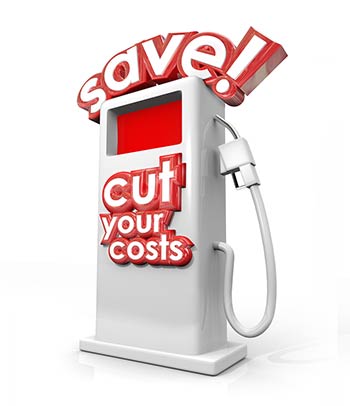
Before you make any big financial moves, wait! Did you know that there are many opportunities for financial help for veterans? Whether you're applying for a home loan or entering college, you might be surprised to learn just how many benefits you can explore as someone who has served our country. In this guide, we'll walk you through some of the most important benefits - and where you can go to research other financial opportunities for the future!
Researching Veteran Benefits
Did you know that nearly 60 percent of veterans don't know what benefits they have earned? While anyone can get quick financial help with resources like cash advances and loans, veterans are entitled to many unique benefits that are worth investigating. Luckily, it's easy to find the financial help that you deserve. The U.S. Department of Veteran Affairs provides a comprehensive list of veteran benefits, from loans to medical assistance, so you can find the information that you need quickly. This website is a great place to conduct research, while also learning everything you need to apply for each application. Not only can you find information for yourself, but the website also includes a section on how to help homeless veterans in need.
Taxes
Veterans may be eligible for a number of tax benefits that you might not expect, so a little research may pay off in a big way.









